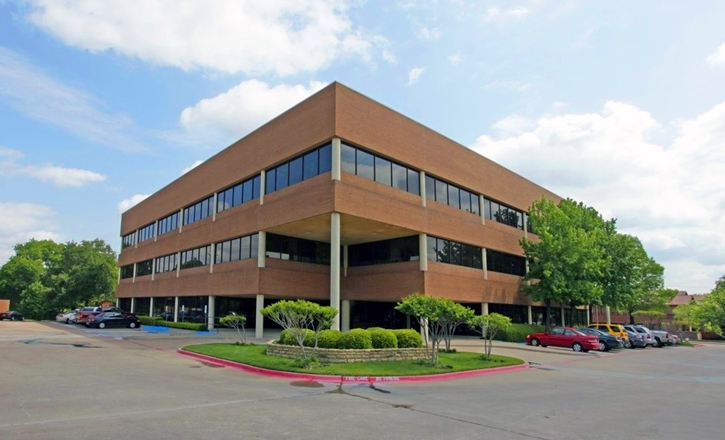Enterprise Mobile App Development : Dallas Fort Worth Metroplex
Transportation Systems Development
Intelligent Transportation Systems (ITS) hone in on the electronic systems that regulate traffic and manage transportation and systems with the hope of optimization for any transportation infrastructure. The demand for ITS comes along with the need for shorter delays in commutes, improved safety in transit, better air quality, and reducing traffic congestion and collisions.
With your smartphone or smartwatch, your data can taken and utilized to quantify your speed and route as the terrain transforms, and even lend a hand in creation of training plans to improve or providing more optimal routes. This data can be retained along with data from thousands of other users completing millions of bike rides, runs, and commutes via car, train, or bus. The growing dataset already has 250 billion GPS data points from around the world and offers the means to create an intricate and detailed dataset of billions of GPS points accumulated from tracking their users. Smart cities and transportation systems can utilize and implement this data to manage electronics like traffic lights and street lights.
offers the means to create an intricate and detailed dataset of billions of GPS points accumulated from tracking their users. Smart cities and transportation systems can utilize and implement this data to manage electronics like traffic lights and street lights.
There is real value to city planners to take note of pedestrian-frequented paths to make their streets safer for both cyclists and pedestrians. Based on this sort of data, a city can improve and optimize these heavily used running and cycling paths, and also make other roads or paths more cyclist-friendly to take a step in lessening car congestion by making cycling a more convenient option. This data can also be utilized to build a proper path between two points using user data coupled with the bank of accumulated heat map data. The developers of the application are field testing what actual paths on the ground could be. For the users of a web application, this is utilized with the intent to build a route to fit routes available to them with regard to safety and health. The created route can follow popular, annotated, paths instead of just the shortest distance. This can be useful for mapping out roads or paths where there a good satellite image of the area is not available. Updating maps can be implemented faster by utilizing new, user-updated, data to see recent changes in user traveling trends.
Commercial busses, freight, mail carriers, and their dispatchers could benefit from transportation mapping and ITS to increase operational efficiency and customer satisfaction by offering software that gives them the ability to make time-sensitive decisions based on traffic and weather conditions. Staying on a predictable schedule for consumers would increase positive reception and mitigate risk for traffic collisions while giving timely notice for delays. The utilization of the growing amount of data like this can help make mapping, navigation, and city resources themselves, better and more efficient for transportation while offering anticipation and an understanding of terrain around the whole world.
As a leading software development firm in the ITS industry, Ayoka’s Made in USA model for software development is valued by both State and Local governments, along with prime contractors seeking a local team member with transportation software development experience. Ayoka’s services for transportation software development incorporate legacy sub-systems, such as existing traffic control software, in an flexible architecture that can grow toward future web application standards while remaining interoperable across municipalities and multiple vendors.

